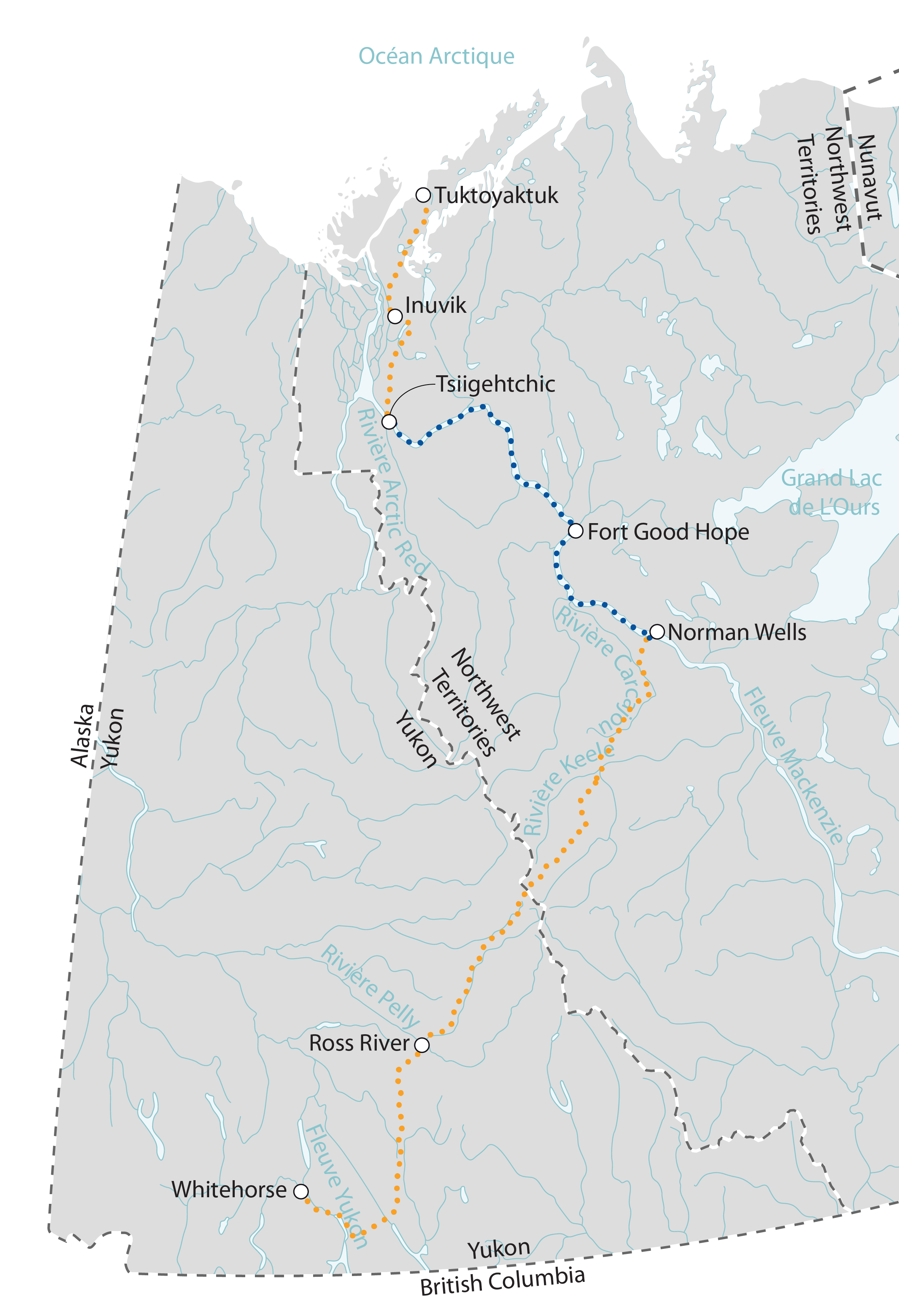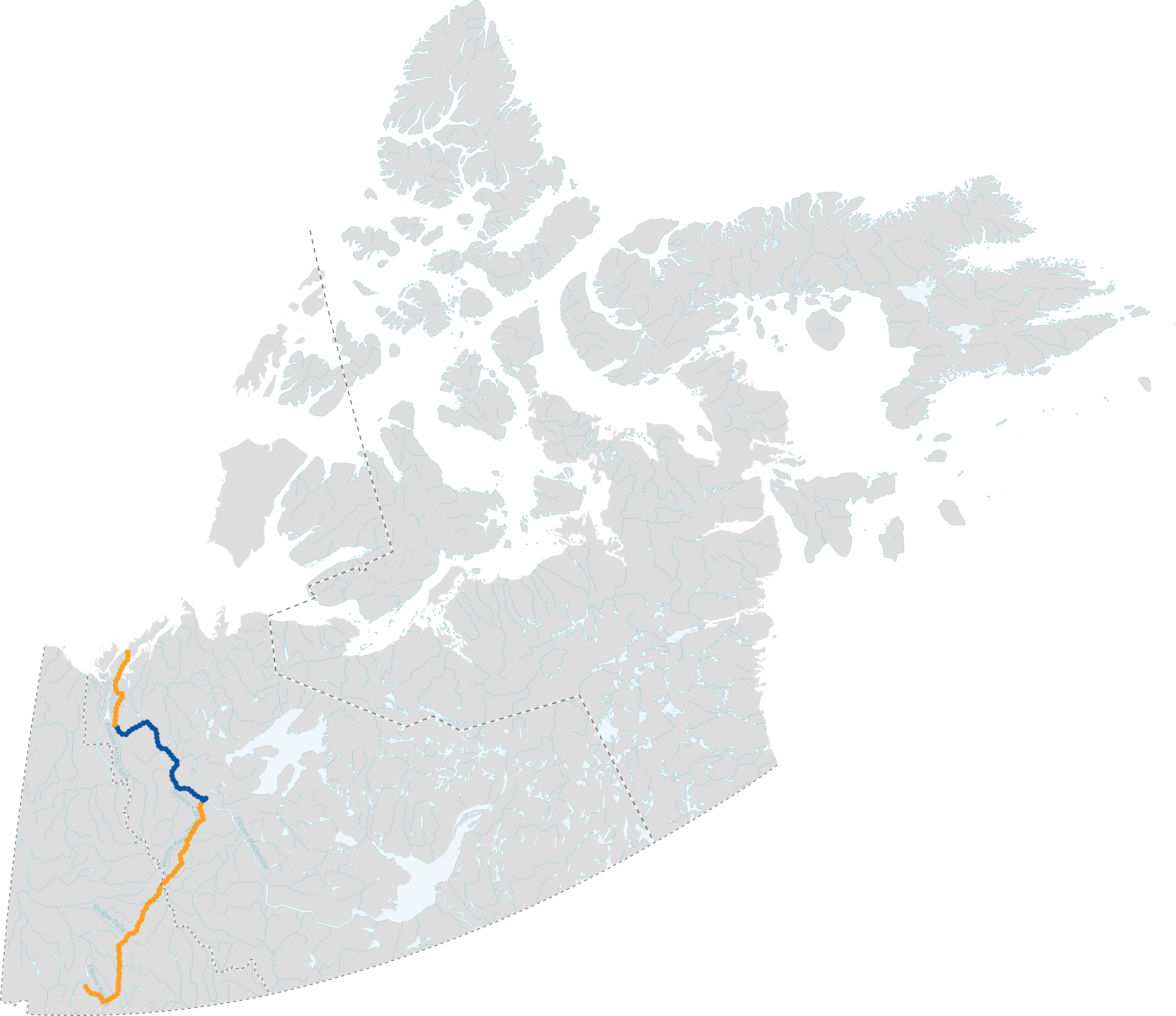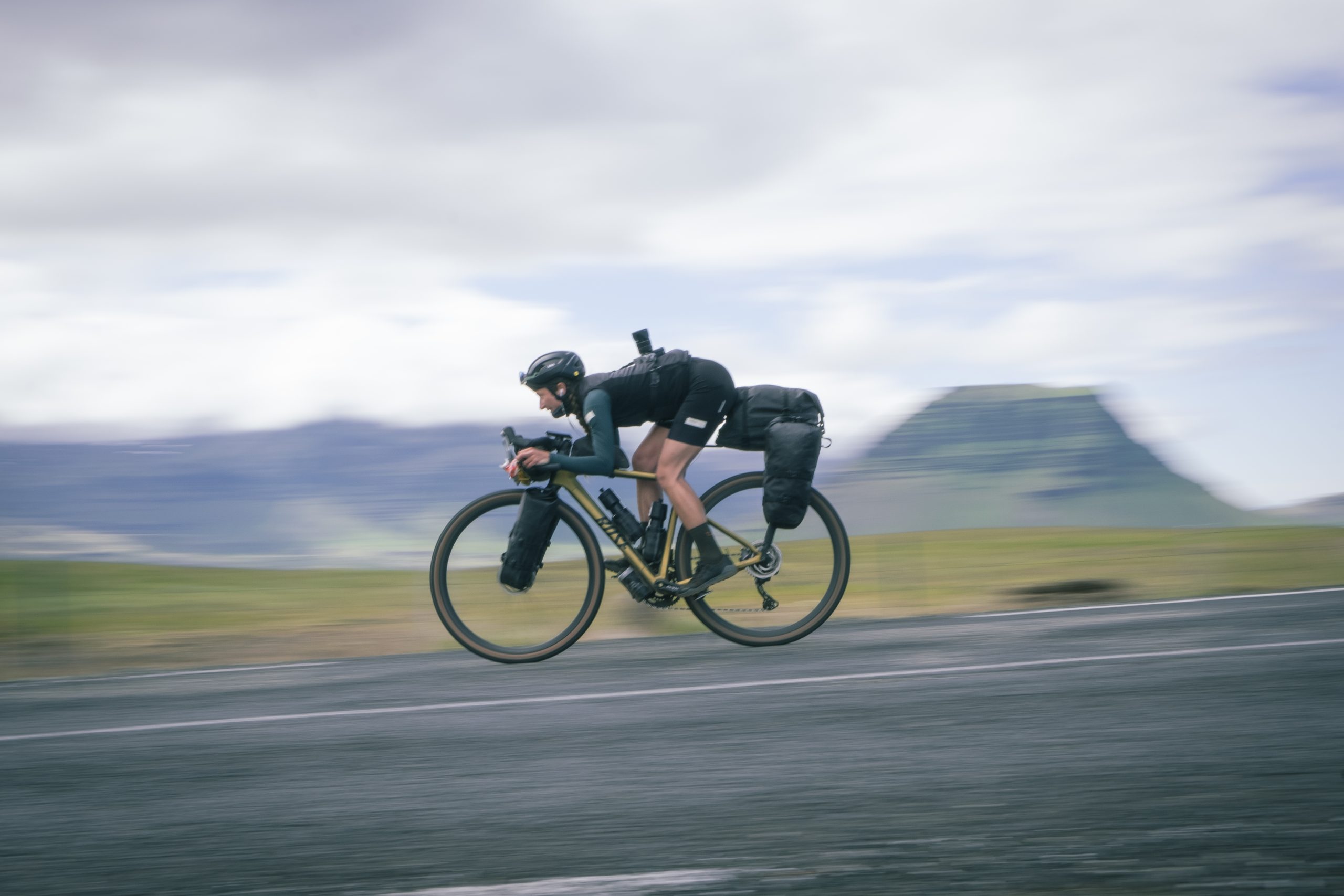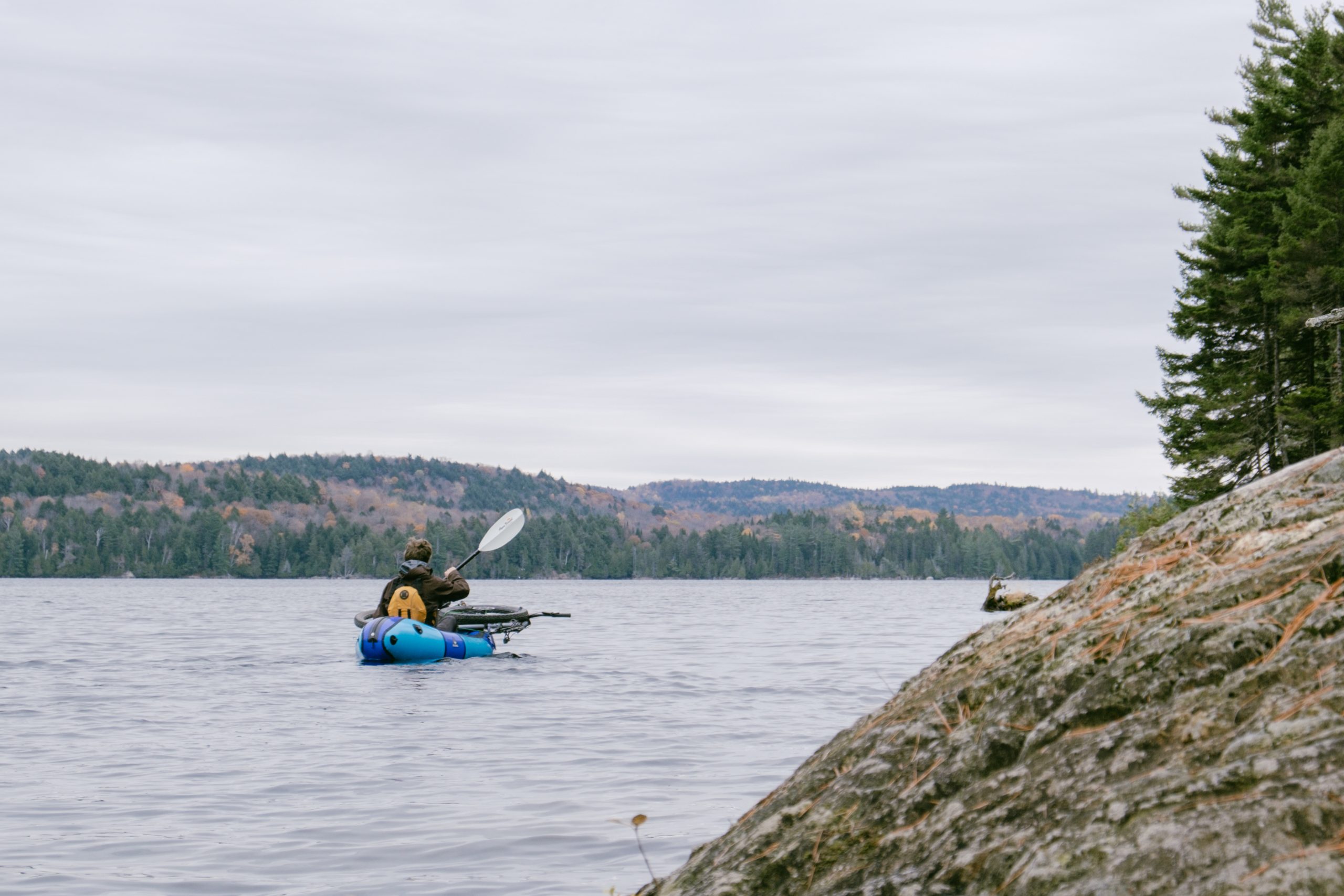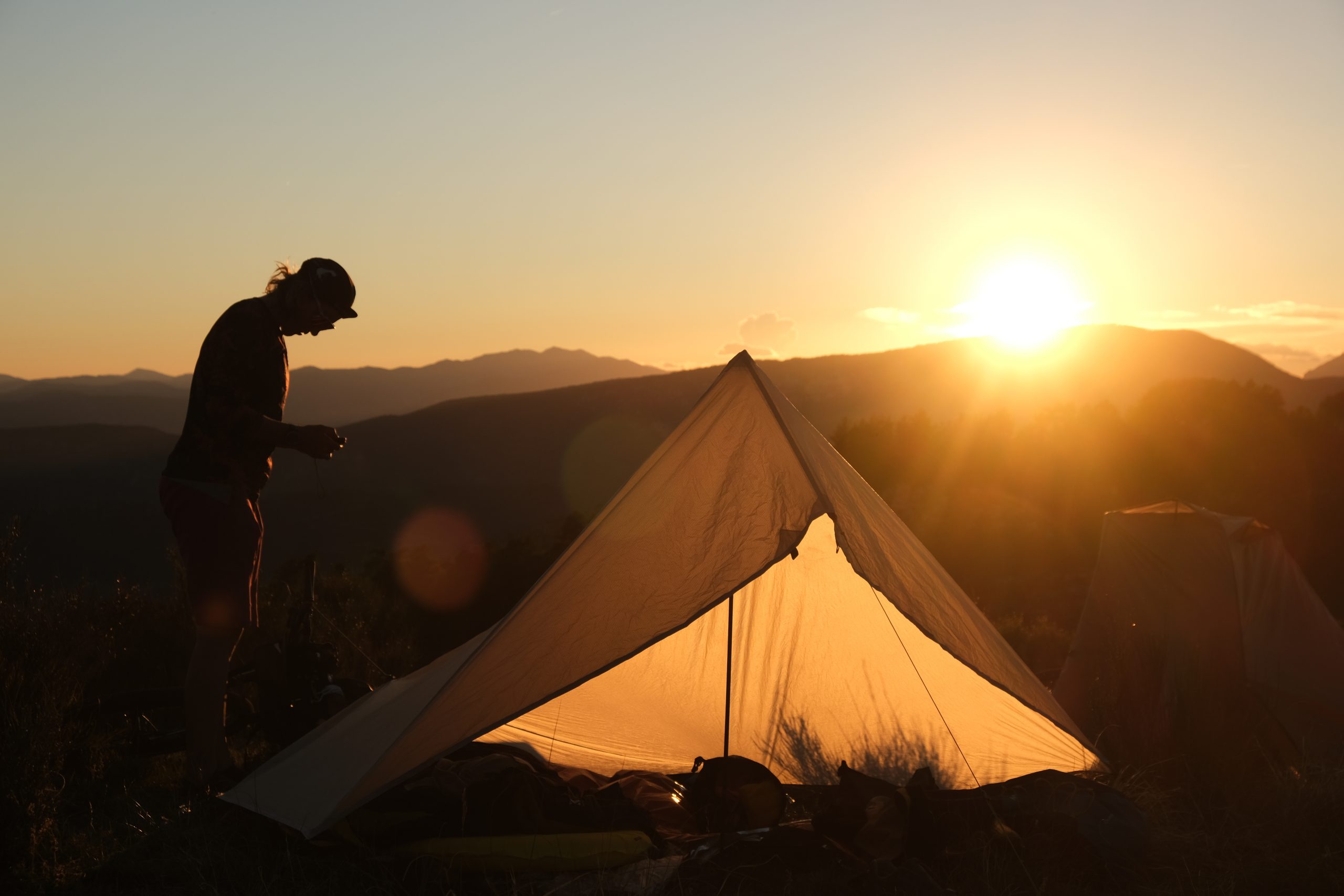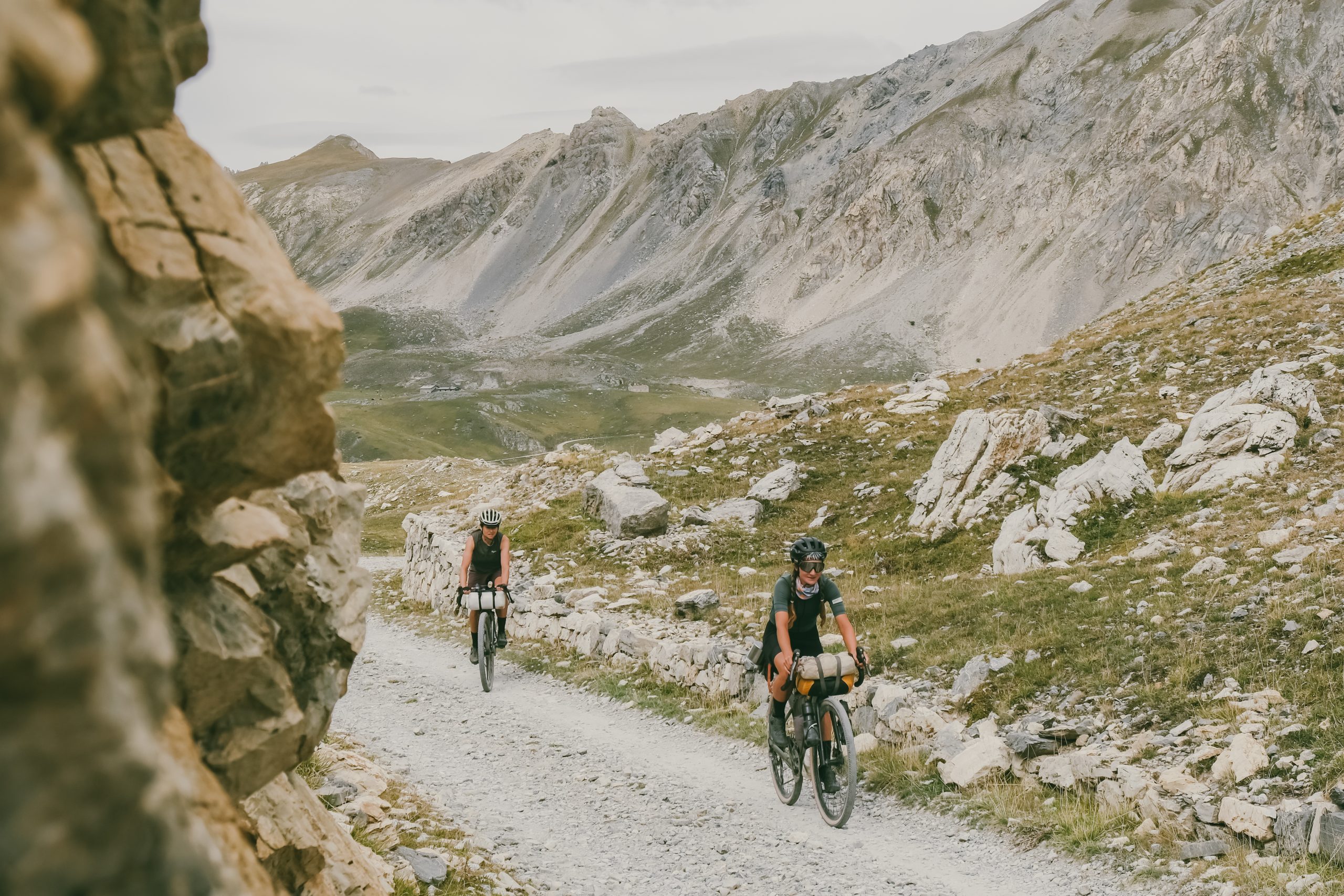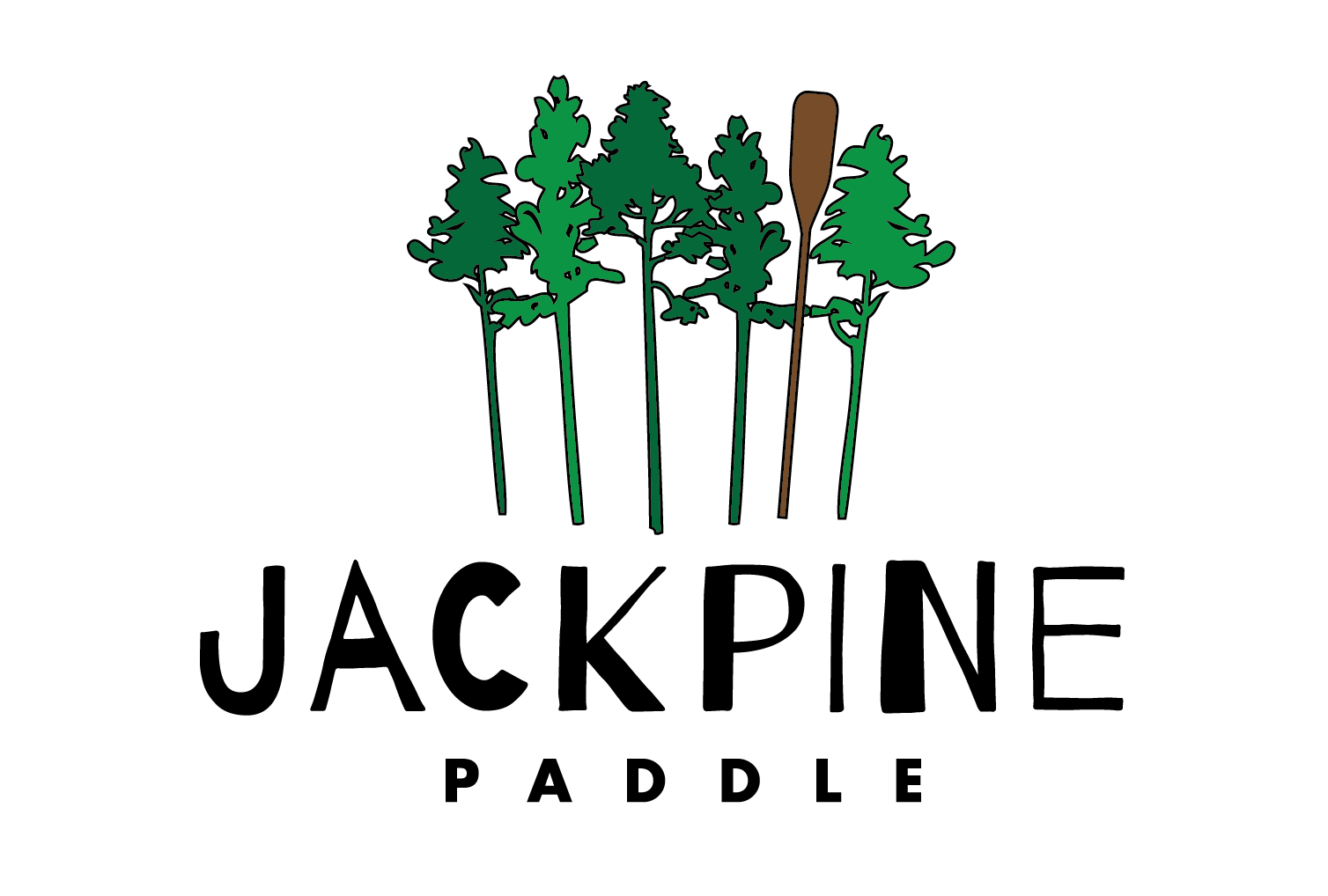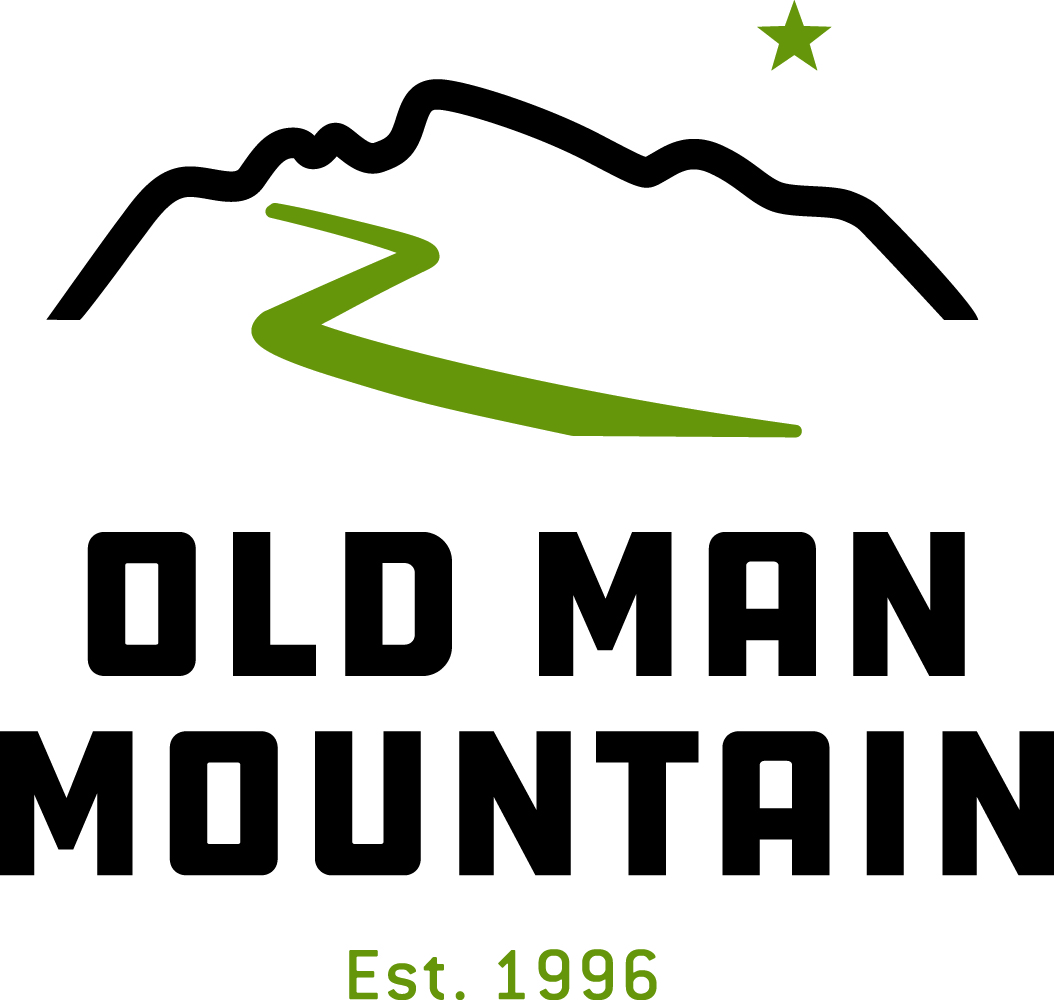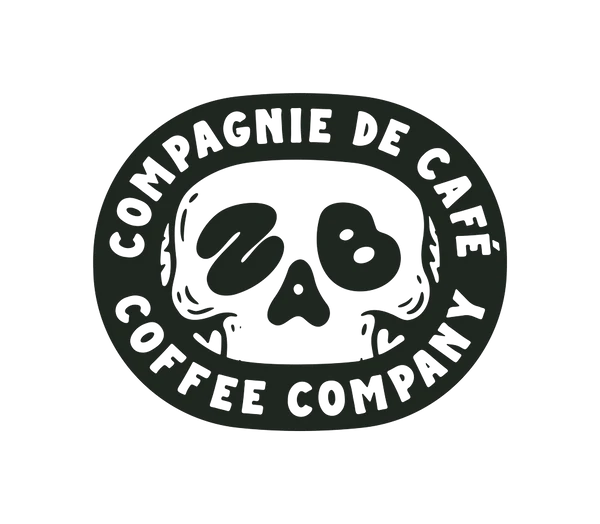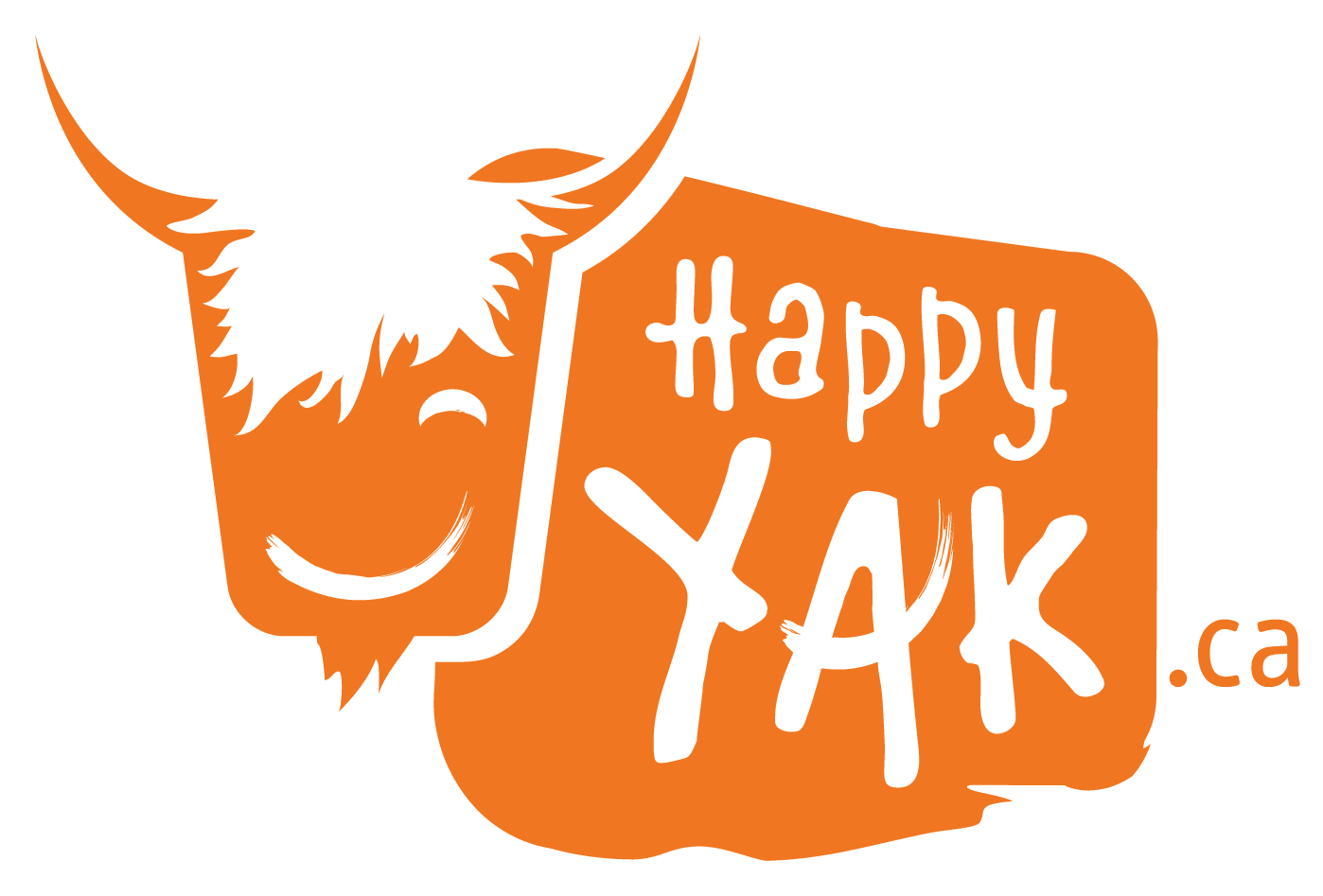Objective
Travel from Whitehorse to Tuktoyaktuk via the Canol Heritage Trail, the Mackenzie River (Deh-Cho in Dene k’e or Kuukpak in Inuvialuktun) and the Dempster Highway as part of a multi-sport expedition by bike, packraft and canoe across the Yukon and and Northwest Territories.
IMPORTANT UPDATE
Contrary to the previously announced plan, the team will paddle the entire distance from Norman Wells to Tuktoyaktuk.
Departure in…
The expedition in figures…
1780
Kilometers covered in total
955
Kilometers by bike and packraft via the Canol Heritage Trail
825
Kilometers by canoe along the Mackenzie River
45
Days of expedition in total
The project
Starting in Whitehorse, Yukon, a mixed team of experienced cyclists and adventurers will cycle and packraft the Canol Road, then the Canol Heritage Trail, to Norman Wells, Northwest Territories. The team will then canoe down the Mackenzie River to reach the Inuit community of Tuktoyaktuk.
Anticipated chalenges
Considered one of the world’s most demanding routes, the Canol Heritage Trail presents numerous challenges due to its isolation, advanced state of deterioration requiring portages (hike-a-bike) and river crossings, as well as cohabitation with varied wildlife. On reaching the Mackenzie River, the team will have to manage a delicate between two sports. Up to 4 km wide, the Mackenzie is exposed to strong winds that can make navigation difficult.
The expedition will be self-sufficient, with resupply stops in the main communities. Physical, mental and logistical preparation is essential to maximize the chances of success.
Long solo itineraries as a prelude to the adventure
Before starting the Canol Expedition, Félix-Antoine Tremblay will embark on a two-and-a-half-month, 7,000-km journey that will take him over the remote roads of northwestern Canada.
Canol Heritage Trail
The Canol Heritage Trail is a 360 km trail in the Northwest Territories, running through the traditional territories of the Sahtu Dene and Metis. Built during the Second World War to transport oil from Norman Wells to Whitehorse, it was abandoned shortly after its creation. Since then, the Canol Heritage Trail has been used by occasional hikers and experienced cyclists.
Team
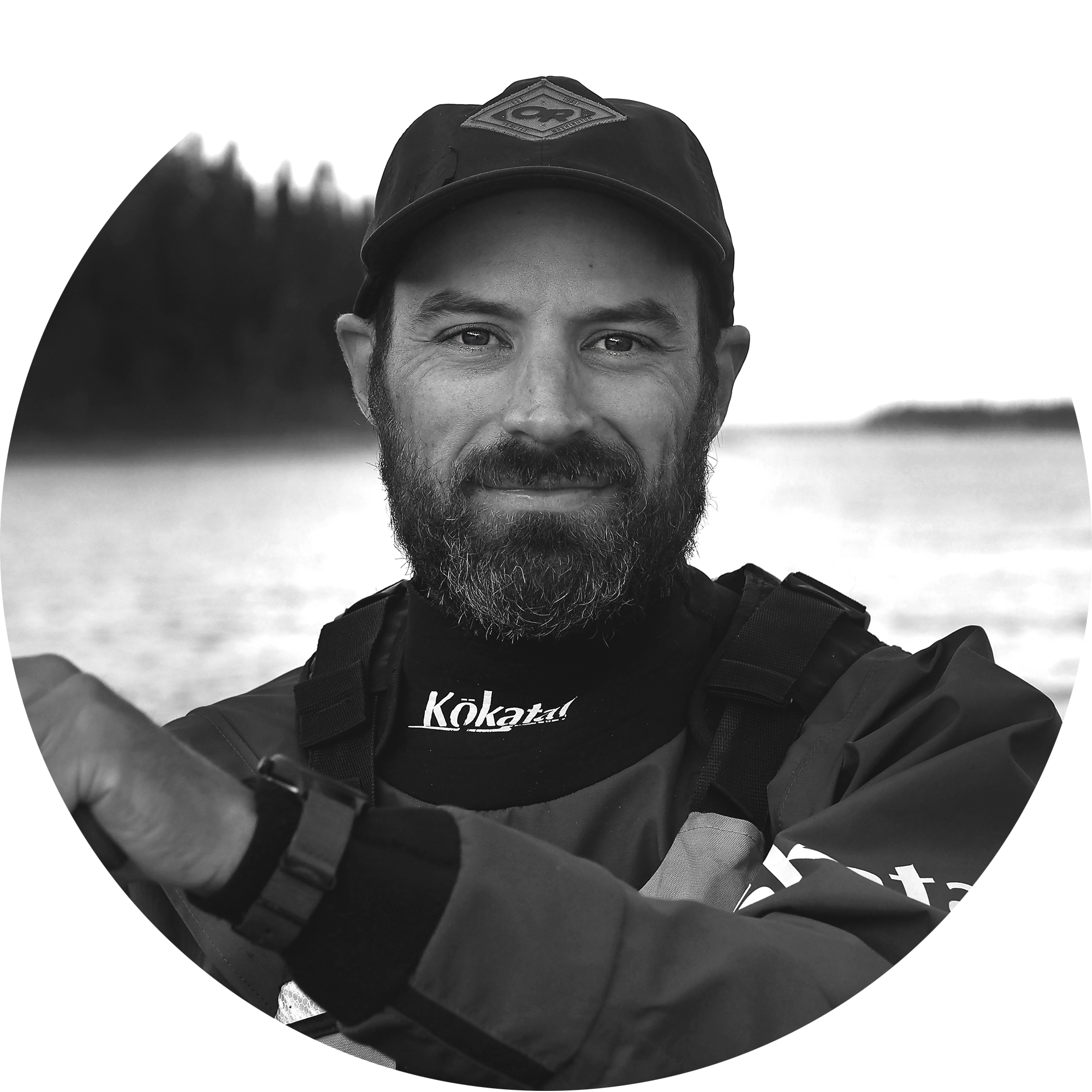
Samuel Lalande-Markon
Passionate about expedition stories and the nordicity of Quebec, Samuel has completed several adventures in remote regions by bike, canoe and ski. In winter 2023, he cycled and skied between the southern and northern extremities of Quebec as part of the Transboreal Expedition, the first known complete crossing of Quebec. Author of the book La quête du retour, Samuel is a regular contributor to Géo Plein Air magazine.

Marie France L’Ecuyer
Photographer and documentary filmmaker Marie France L’Ecuyer is particularly interested in the relationship between humans and their environment. Sensitive to the beauty of wilderness, her work questions our relationship with the land and explores the inner dimension of adventure. She produced and directed the short films Territoire intérieur (2021) and Uapishka (2023), which were selected at several film festivals, and is currently working on her first feature film about the Transboreal Expedition.
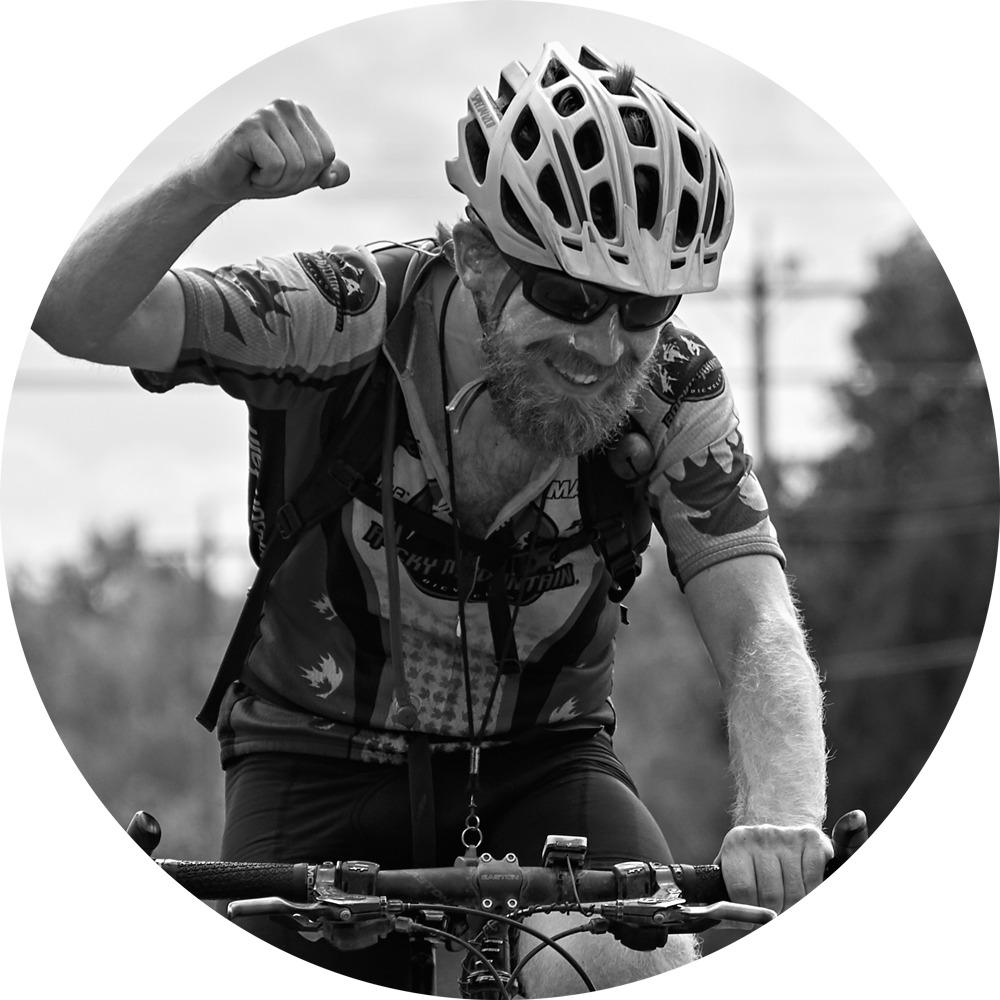
Félix-Antoine Tremblay
Félix-Antoine Tremblay is passionate about cycling and adventure, both in his personal and professional life. When he’s not working adesigning bicycle infrastructure, he’s on his bike in remote corners of Quebec and Canada. Having cycled across Canada for the first time in 2016, he has been riding the great North American highways (the Translabrador, Transtaiga, Dalton and Dempster) as well as the Route Blanche, a snowmobile trail across the Lower North Shore of Quebec.
Étienne Lalande-Markon
Étienne will join the team for the canoe portion of the expedition.
Sharing the adventure
In addition to completing the adventure, expedition members will share the following content upon their return:
Partners
Would you like to support the Canol 2024 Expedition?
Contact us or consult our sponsorship package:


